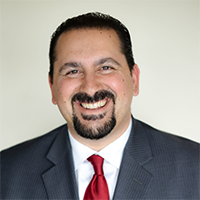New Requirements Will Affect the Handling of Client Funds and Property in 2023
By Eric R. Deitz
Changes to the Rules of Professional Conduct accompany the coming new year, and consistent with the duty of competence (Rule 1.1)[1], California attorneys must apprise themselves of the same. Two important and related changes take effect January 1, 2023, and affect a lawyer’s obligation to communicate (Rule 1.4) and to safely handle client funds and property (Rule. 1.15).





